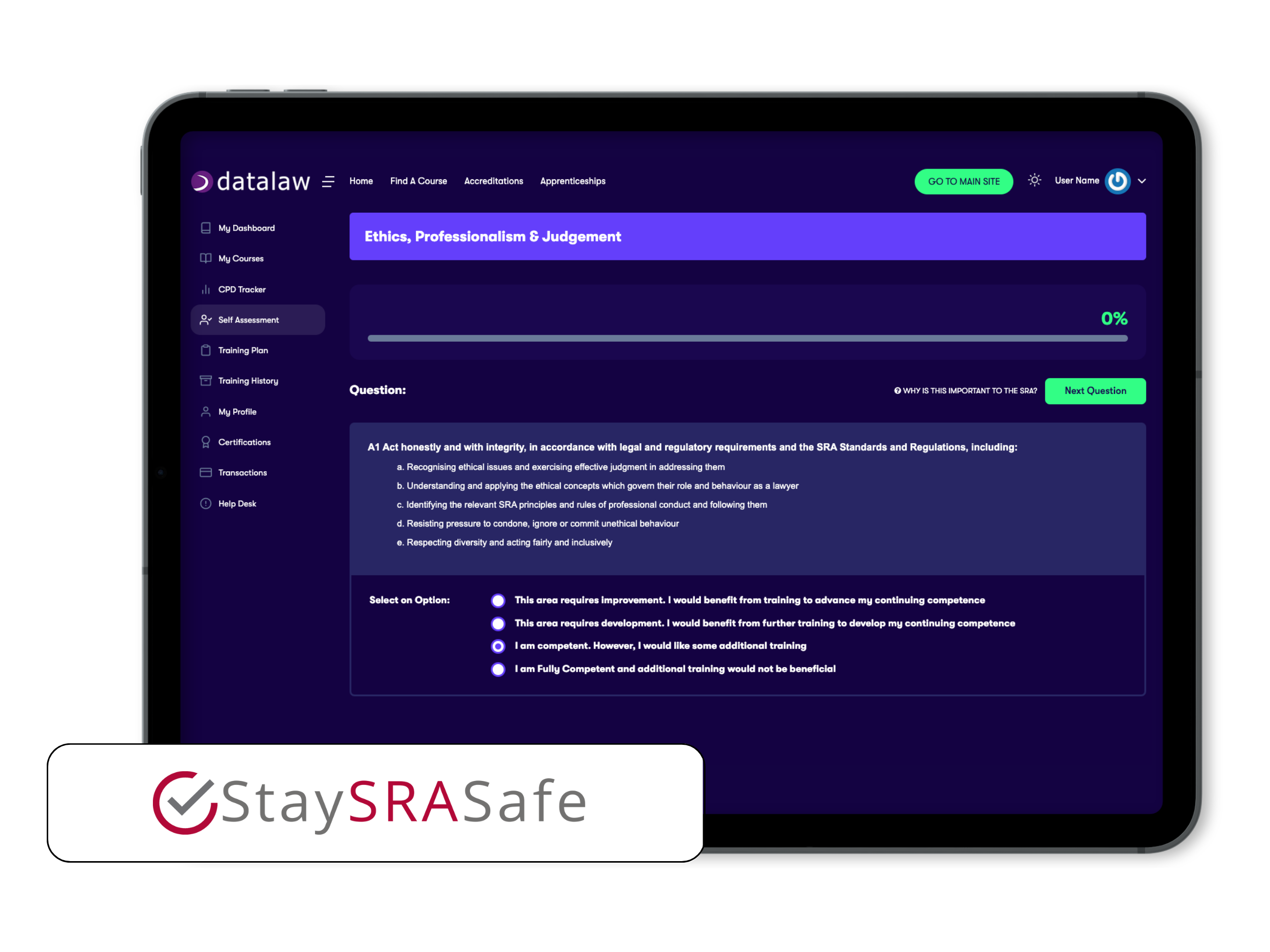
CPD: 0151 236 2024
Accreditations: 0151 242 0061
Office Hours: 9am-5pm, Mon-Fri
- Home
-
CPD Library
Popular Categories
CPD Memberships
Popular Bundles
-
Accreditations
Candidate Links
Police Station
Magistrates Court Qualification
-
CQS
SRO Preparation
CQS Core Accreditation
CQS Reaccreditation
-
Apprenticeships
Law Apprenticeships
SQE & CILEX Apprenticeships
-
Popular Categories
CPD Memberships
Popular Bundles
-
Candidate Links
Police Station
Magistrates Court Qualification
-
SRO Preparation
CQS Core Accreditation
CQS Reaccreditation
-
Law Apprenticeships
SQE & CILEX Apprenticeships






















